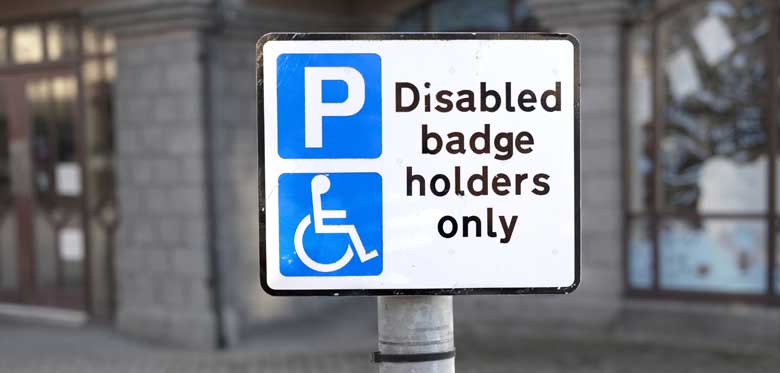In August 2019, the scope of blue badge parking permits was extended to allow people with conditions such as anxiety and dementia to apply for the permit. It has been viewed by many to have been the biggest change to the blue badge parking permit system in 50 years, with a view to enabling those with hidden disabilities to travel with greater ease and experience more independence.
It is reported that following the implementation of the changes to the blue badge system, the head of policy at The National Autistic Society, Tim Nicholls, said:
"We are delighted to see the new blue badge rules come into force.
This will be a huge relief for thousands of autistic people and their families in England, many of whom are so anxious about things going wrong that they find it hard to leave the house at all.
A blue badge can be life changing. To live up to this promise, it’s absolutely essential that council officials making decisions about blue badges understand autism and the challenges autistic people can face getting out and about."
However, despite the recognition of the importance of the provision of blue badge parking for those with hidden disabilities, it appears that those attempting to utilise their permits are facing adverse treatment from other members of the public. It has recently been reported in the media that TV personality Paddy McGuiness suffered a negative experience due to the behaviour of a member of the public, after parking in a disabled parking bay, with his autistic children present. Despite clearly displaying a blue badge parking permit, it is reported that Mr McGuiness was repeatedly told “you don’t look disabled” by a member of the public.
In accordance with the Equality Act 2010, the definition of disability, which incorporates both physical and non-physical conditions, states that you are disabled if you have a physical or mental impairment that has a substantial and long-term negative effect on your ability to conduct normal daily activities. The extension of the blue badge scheme is therefore deemed to be in pursuance of this position.
The conduct to which Mr McGuiness and his children are reported to have been subjected to could constitute discriminatory conduct and/or harassment under the provisions of the Equality Act 2010.
If you have a disability, then you may be considered to have a protected characteristic under the terms of the Equality Act 2010. Discrimination may have occurred if you have been treated unfavourably or subjected to a detriment as a result of your protected characteristic.
If you feel that you may have been discriminated against as a result of a protected characteristic, then you may be able to bring a claim for discrimination under the terms of the Equality Act 2010. Please contact our specialist discrimination team for further advice on 01616 966 229.
By Ashleigh Irwin, employment law and discrimination advisor



Comments